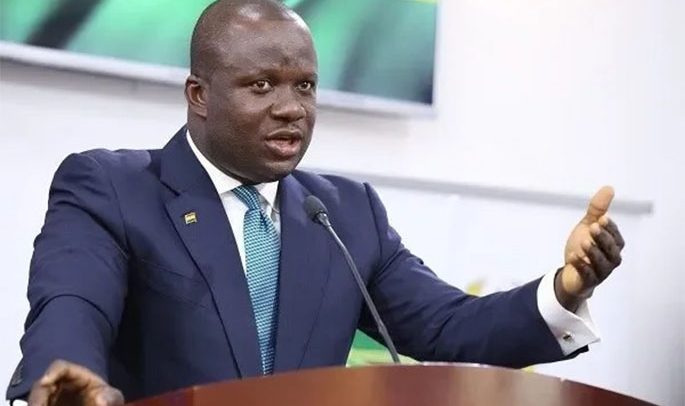
Samuel Abu Jinapor
A fierce disagreement has erupted in Parliament over the government’s decision to reintroduce a lease agreement between Ghana and Barari DV Limited for the exploitation of the country’s lithium resources.
The Former Minister of Lands and Natural Resources and MP for Damongo, Samuel Abu Jinapor, has accused the current administration of negotiating an inferior deal compared to the one struck by the erstwhile Akufo-Addo government during the Eighth Parliament, an agreement that the now-governing National Democratic Congress (NDC) had vehemently opposed at the time.
Speaking at a press briefing after the document was laid before Parliament, Mr. Jinapor described the new agreement as “a much worse form of agreement than the one negotiated by the Akufo-Addo administration,” insisting that the terms now presented do not serve the national interest.
“At the time, our friends from the other side said the agreement we negotiated was not in the national interest,” he recalled and added, “They said they would get a better deal if given the opportunity. Today, however, they have returned to Parliament with a deal that is far worse than what they rejected.”
He argued that the earlier lease under the Akufo-Addo administration provided some of the best terms anywhere in the world, including a 13% free carried interest, higher than the legally required 10%, as well as a 6% equity and 6% royalty for the Minerals Income Investment Fund (MIIF), and a requirement for the company to float 30% of its shares on the Ghana Stock Exchange for local participation.
According to him, the government had also secured community royalties and additional benefits “over and above what the law required,” which demonstrated its commitment to ensuring that the exploitation of lithium resources benefitted Ghanaians.
The Damongo MP expressed concern that the current deal lowers the royalty rate, despite the government’s claim that it had been “readjusted.” He noted that on “the face of it,” the new terms put the country in a worse position than before.
“We are going to have an opportunity to dig into this agreement, but a cursory examination suggests that this agreement is a much worse agreement,” Mr Jinapor said.
“What has changed? If anything, the terms are worse. Ghanaians would have been better off if the previous agreement had been ratified,” he intimated.
He appealed to President John Dramani Mahama to re-examine the deal and, if necessary, direct the Lands and Natural Resources Ministry to return to the negotiation table.
“The natural resources of Ghana, including lithium, belong to the people and are held in trust by the President. We want the exploitation of these resources to be in the interest of the Ghanaian people. If they bring an enhanced agreement with better outcomes, we will support it. But this one is worse,” Mr. Jinapor emphasised.
Minister’s Defence
However, the Minister for Lands and Natural Resources, Emmanuel Armah-Kofi Buah, rejected the opposition’s claims, explaining that the government had adopted a “scaled royalty” system to make the project both attractive to investors and beneficial to the state.
According to him, the new structure allows the royalty rate to rise as global lithium prices increase, a model designed to ensure long-term gains while enabling immediate commencement of operations.
“We agreed with the company to start at 5% royalty so the project can begin. As prices go up, the royalty will rise to 10%. There’s nothing changing. We are simply making sure we take advantage of the project for the benefit of the community and the country,” Mr. Buah explained.
He further stated that with lithium prices currently around $675 per tonne, maintaining a flat 10% royalty rate would have rendered the project unprofitable and deterred investment.
“If somebody is going to produce lithium sold at $630 per tonne and their cost is $675, obviously no one will invest. That’s why government is introducing this flexible scale,” he said.
The minister added that the new agreement would create jobs and stimulate industrial development, particularly in the Mankesim area, where land has already been acquired and communities have been affected.
“We are thinking about jobs, industries, and the opportunities ahead. The decision we have made is in the long-term interest of the people,” Mr. Buah stressed.
Despite the Minister’s defence, the Minority insists that the revised terms fall short of what Ghanaians deserve from such a strategic mineral.
Mr Jinapor maintained that the opposition would subject the document to “intense scrutiny” once referred to Parliament’s Committee on Mines and Energy.
The lithium project, the nation’s first commercial-scale venture into the mineral critical for electric vehicles and renewable technologies, has become a political flashpoint, with both major parties accusing each other of failing to protect the national interest.
For now, the fate of the Barari DV Limited lease lies with Parliament’s committee system, but the debate has already reignited broader questions about how Ghana manages its mineral wealth in the era of green energy.
By Ernest Kofi Adu, Parliament House
Read Full Story

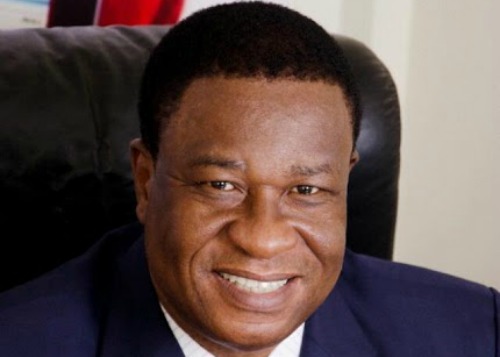

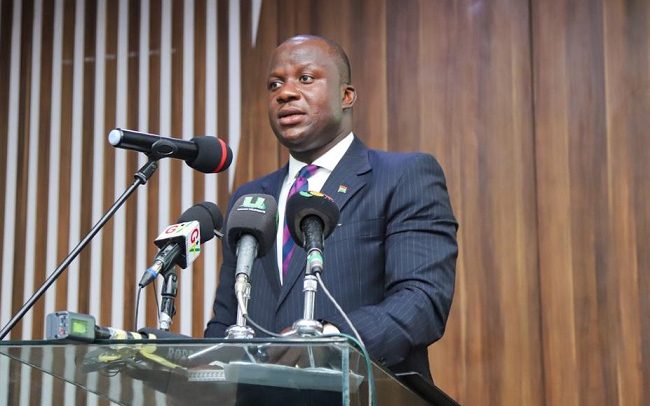
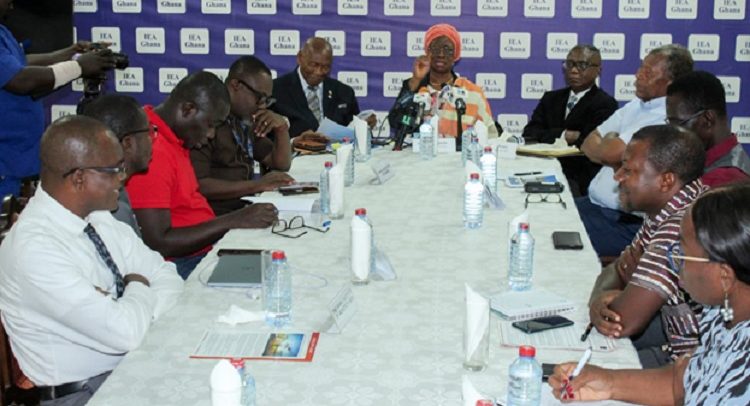

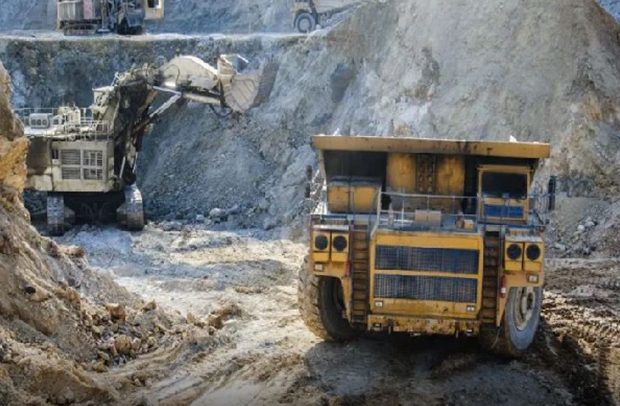



















Facebook
Twitter
Pinterest
Instagram
Google+
YouTube
LinkedIn
RSS